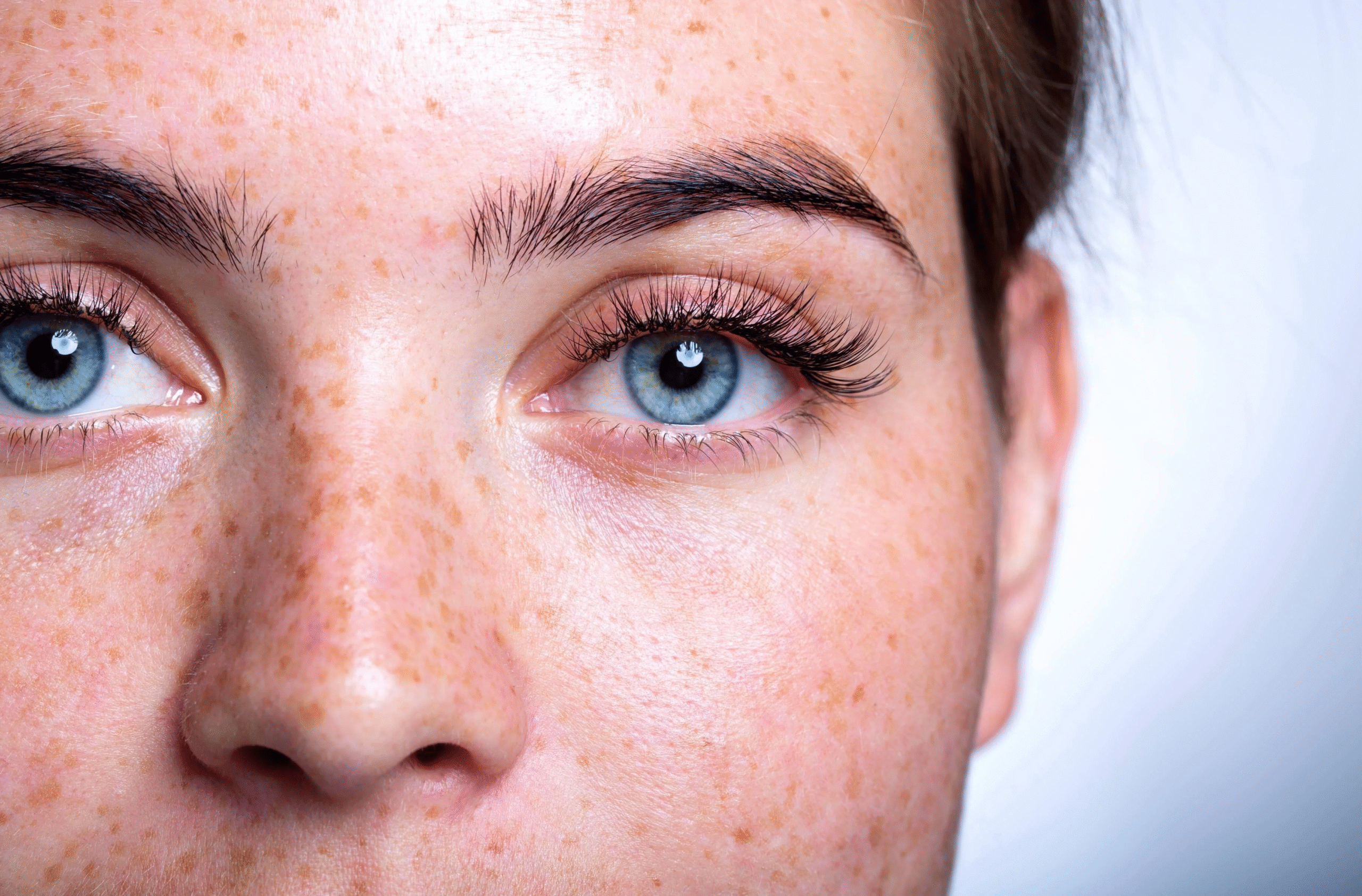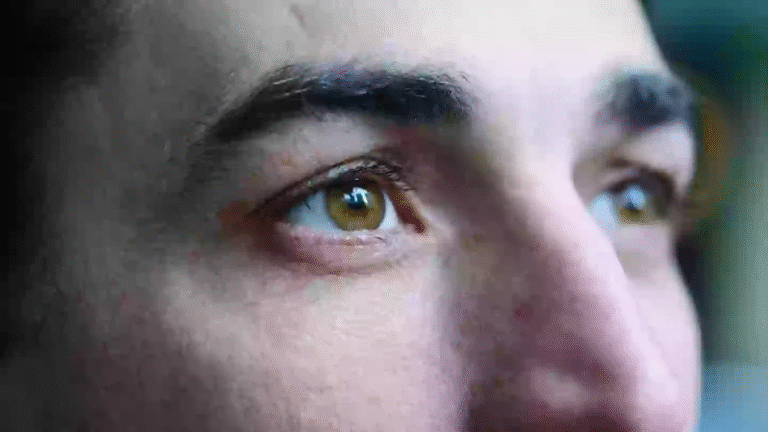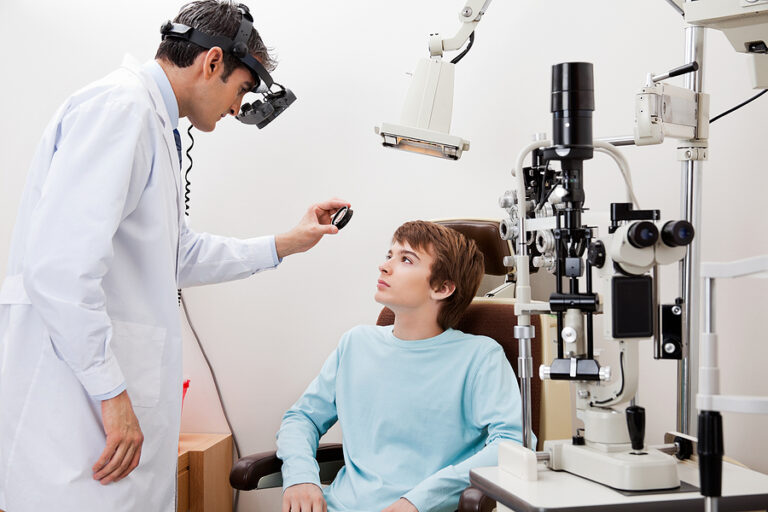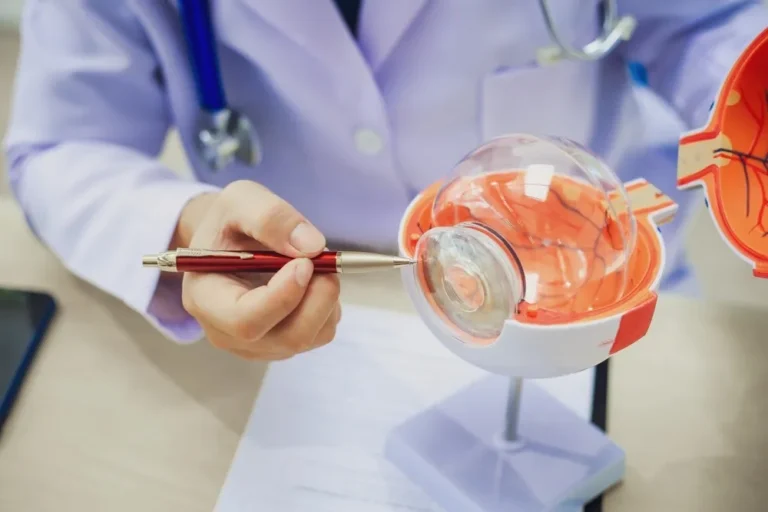Why You Shouldn’t Ignore Your Eye Health: Top Tips for Maintaining Healthy Vision
Your eyes are one of your most important assets, allowing you to experience the world in vibrant detail. However, eye health is often overlooked in our daily lives until problems arise. Ignoring your eye health can lead to preventable vision loss, increased risk of eye diseases, and even long-term discomfort. To help protect your vision and keep your eyes in top condition, here are some essential tips you shouldn’t ignore.
1. Get Regular Eye Exams
One of the most crucial steps to maintaining healthy vision is having regular eye exams. Even if you don’t experience any vision issues, annual eye exams can detect early signs of conditions such as glaucoma, macular degeneration, or diabetes-related eye issues. Optometrists use various tests to assess the health of your eyes, often detecting problems before symptoms even appear. Early detection is key to preventing long-term damage, so don’t skip those eye check-ups!
2. Eat a Vision-Boosting Diet
What you eat directly impacts your eye health. Nutrients such as vitamins C and E, omega-3 fatty acids, and zinc are known to support eye function and reduce the risk of age-related eye diseases. Foods like spinach, kale, carrots, and salmon are rich in these essential nutrients. These foods help protect the retina, prevent cataracts, and can even slow down macular degeneration. A healthy, balanced diet isn’t just good for your body; it’s vital for keeping your eyes sharp too!
3. Protect Your Eyes from UV Rays
Just like your skin, your eyes are susceptible to the harmful effects of UV rays. Exposure to UV radiation can increase your risk of cataracts, macular degeneration, and other eye problems. Always wear sunglasses with 100% UV protection when you’re outside, even on cloudy days. A wide-brimmed hat can also provide added protection. Taking these small steps can go a long way in protecting your eyes from long-term damage caused by the sun.
4. Follow the 20-20-20 Rule
In today’s digital age, prolonged screen time is a major contributor to eye strain. Whether you’re working on a computer, staring at your phone, or watching TV, your eyes are constantly working to focus on digital screens. To reduce the risk of digital eye strain, follow the 20-20-20 rule: every 20 minutes, look at something 20 feet away for at least 20 seconds. This simple habit helps your eyes relax and recover from the strain of focusing on screens for extended periods.
5. Don’t Smoke
Smoking is harmful to your overall health, and it’s also bad for your eyes. It significantly increases the risk of cataracts, macular degeneration, and even damage to the optic nerve. Additionally, smoking can contribute to dry eyes and exacerbate existing eye conditions. If you smoke, quitting is one of the best decisions you can make for your eye health.
6. Practice Proper Contact Lens Hygiene
For those who wear contact lenses, hygiene is essential. Failing to properly clean your lenses or using them for too long can lead to serious eye infections, dryness, and irritation. Always follow the instructions provided by your eye doctor and the manufacturer of your lenses. If you notice any discomfort or irritation, consult with your optometrist immediately.
7. Stay Hydrated
Your body relies on hydration to maintain its various functions, and your eyes are no exception. Dehydration can lead to dry eyes and discomfort, especially for contact lens users. Drinking plenty of water throughout the day helps ensure that your eyes stay lubricated and comfortable. Remember, a hydrated body equals healthy eyes!
8. Be Mindful of Your Environment
Your surroundings can also have an impact on your eye health. Dry air, smoke, and wind can cause your eyes to become irritated and dry. If you work in an air-conditioned or heated environment, consider using a humidifier to add moisture to the air. Wearing protective eyewear in windy or dusty conditions is another great way to safeguard your eyes from environmental harm.
Conclusion
Your eye health plays a critical role in your overall well-being. By following these simple yet effective tips, you can help ensure that your vision remains clear and healthy for years to come. Don’t wait for vision problems to arise—take proactive steps today to protect your eyes. Regular eye exams, a healthy diet, proper protection from UV rays, and smart habits like the 20-20-20 rule can help you maintain optimal eye health.
Remember, your eyes are irreplaceable, so treat them with the care and attention they deserve. Prioritize your vision and continue seeing the world in all its beauty!






